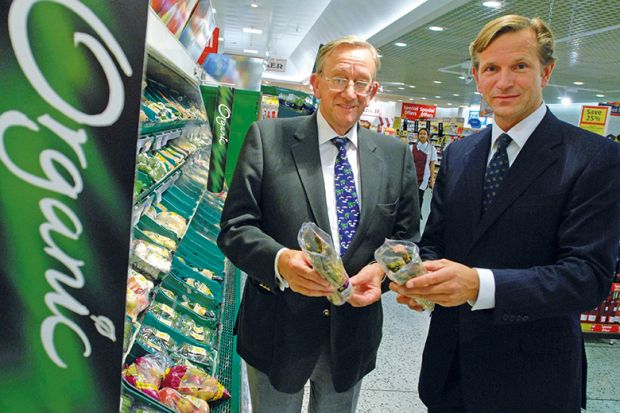Talent is a glamorous and intriguing concept. The main message in Tomas Chamorro-Premuzic’s The Talent Delusion is that identifying and nurturing talent is the most important challenge facing human resources today.
This is really two books rolled into one. It is a useful primer for HR professionals and students, well researched and offering easy access to prominent academic research on employment interviews, prosocial behaviours, job satisfaction and the like. Despite the talented being worth about five times more than the inept, the main theme of this section is that organisations are not good at identifying talent. The author argues that intuitive approaches are unreliable, and most talent coaches are expensive quacks. Psychometric tests and measures are the answer.
The second and more interesting aspect of the book is a philosophical reflection on talent. Confidence, says the author, does not guarantee competence. And why are so many talented individuals prone to self-destruct?
Anyone hoping to become more talented by reading The Talent Delusion will, however, be disappointed. This is not a book about how to become a pop star, a footballer, an investment banker or other overnight success. The nearest we get to actionable prescription is the conceptual equation: talent equals success minus effort. To be more precise, Chamorro-Premuzic suggests that talented people succeed because they see things simply and have the capacity to focus on what matters. The implied prescription is that sheer hard work does not guarantee exceptional performance and therefore we are most likely to succeed if we concentrate on what comes easy. In other words, if you are in a comfort zone, stay there.
For a business book, there are some surprising omissions. We learn that most people who set up in business fail miserably. But little is said about what makes the prosperous successful. How do they recognise and nurture their own talent? The late Ken Morrison may have progressed rapidly from owning a shop to owning a supermarket chain because he saw things simply. That is, he knew the importance of detail in retail, visiting stores and continually checking shelves and talking to staff. Yet as the near-disastrous takeover of Safeway showed, a successful grocer may not be a brilliant strategist.
Nor has the author much to say about talented and exceptionally successful partnerships such as Rolls-Royce, Saatchi & Saatchi and the unique chemistry between Jeremy Clarkson, James May and Richard Hammond, the presenters of Top Gear . Another omission relates to the role of schools and universities in recognising and developing talent and protecting society from the talentless. How can it be possible to qualify as a dentist with painfully limited manual dexterity that improves little with experience? Why do so many people with degrees in law and architecture never graduate to practise?
The real strength of this book is that it makes you think. Should organisations drop all negative comments from performance evaluations? Why do talented people often self-destruct? Perhaps the author is right in suggesting that organisations should be more tolerant of cultural misfits and mavericks. On the other hand, Sun Tzu, the Chinese military strategist and philosopher, executed disobedient generals, however brilliant. As high-level apprenticeships come on stream, and polytechnics look set to re-emerge in the UK, serious thought about the nature and nurturing of talent is required. The Talent Delusion is a good place to start.
Helga Drummond is professor in decision sciences, University of Liverpool Management School.
The Talent Delusion: Why Data, Not Intuition, is the Key to Unlocking Human Potential
By Tomas Chamorro-Premuzic
Piatkus, 304pp, £12.99
ISBN 9780349412481 and 2498 (e-book)
Published 2 February 2017
Register to continue
Why register?
- Registration is free and only takes a moment
- Once registered, you can read 3 articles a month
- Sign up for our newsletter
Subscribe
Or subscribe for unlimited access to:
- Unlimited access to news, views, insights & reviews
- Digital editions
- Digital access to THE’s university and college rankings analysis
Already registered or a current subscriber?




